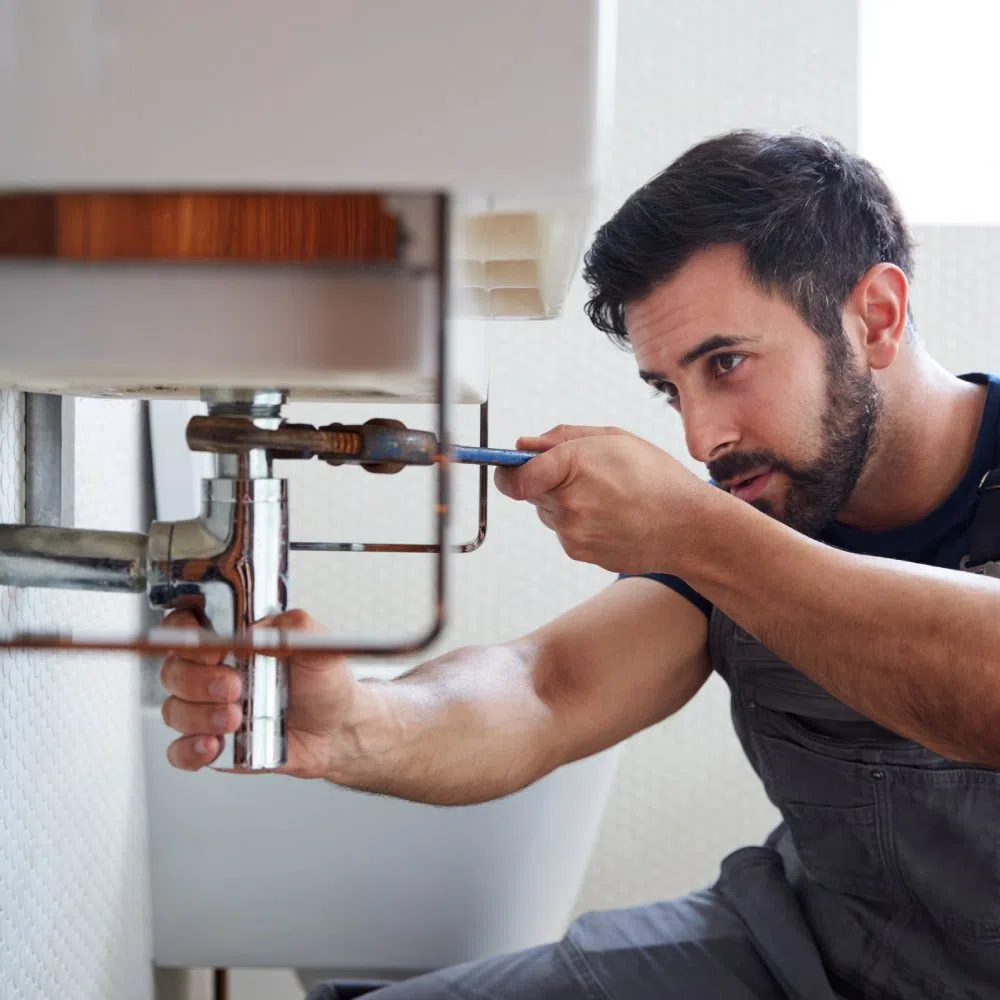Many homeowners feel intimidated when it comes to plumbing problems. While some issues require a professional, you can handle many common plumbing tasks yourself with a bit of knowledge and the right tools. Learning how to manage simple repairs saves you money and empowers you to maintain your home effectively. Plus, tackling these tasks yourself can be a rewarding experience.
These top three DIY plumbing tips for beginners will help you build confidence and address minor issues that don’t require professional expertise. Remember, preparation and safety are key to a successful plumbing project.
Know Your Plumbing System
Before you start any repairs, locate your main water shut-off valve. In an emergency, turning off the water supply quickly can prevent significant damage. Most homes have a main valve near the water meter or where the main water line enters the house. Also, identify the individual shut-off valves for each fixture, including sinks and toilets. These smaller valves allow you to stop the water flow to a specific area without disrupting your entire home’s water supply.
Assemble a Basic Plumbing Toolkit
Having the right tools on hand makes any job easier. You do not need a professional-grade collection, but a few essential items will cover most basic repairs. Your DIY plumbing kit should include the following:
- Two pipe wrenches
- An adjustable wrench
- A set of pliers (including tongue-and-groove pliers)
- A plunger for sinks and toilets
- A hand auger or plumber’s snake
- Plumber’s tape and putty
With these tools, you will be ready to handle everything from tightening a loose faucet to clearing a stubborn clog. Keeping them organized in a dedicated toolbox ensures you can find what you need when you need it.
Avoid Using Harsh Chemical Drain Cleaners
When a sink or shower drains slowly, it is tempting to reach for a liquid drain cleaner. However, these harsh chemicals can damage your pipes over time, especially if you have older metal or PVC pipes. They can corrode the material and lead to costly leaks. When considering piping materials, it’s helpful to know the differences between PVC and PEX piping.
Instead of chemicals, use a plunger or a plumber’s snake to clear clogs. These mechanical solutions are safer for your pipes and often more effective. This is one of the most important DIY plumbing tips for beginners.
Your First Step to Plumbing Success
With these tips, you can approach common plumbing issues confidently. Start with small, manageable tasks to build your skills. Properly maintaining your plumbing system will protect your home and save you from expensive emergency calls.
Image Credit: Monkey Business, #322035345




